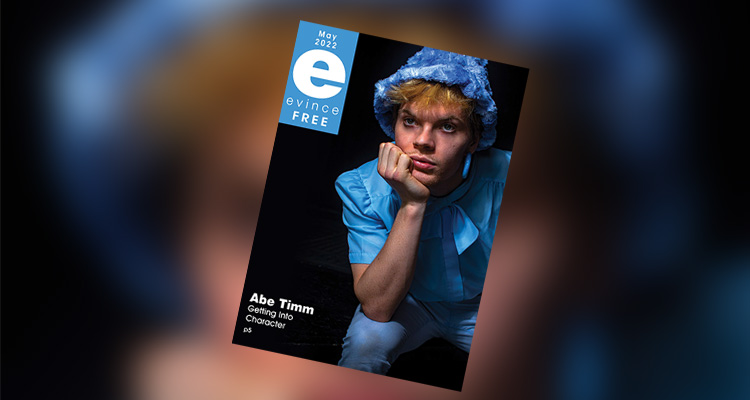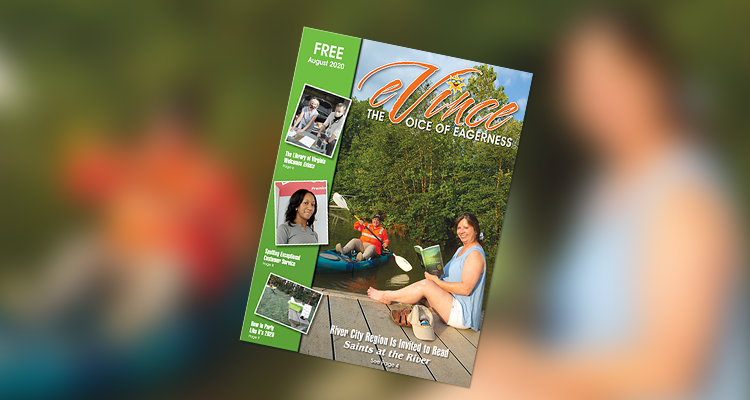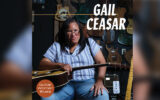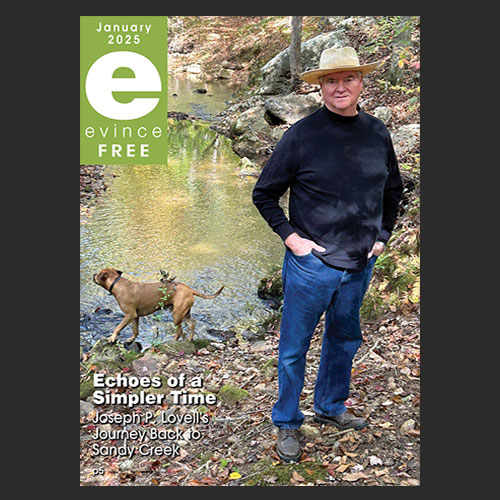(Scene: The two are chatting at a table in the living room on a sunny afternoon.)
Plant: So, tell me about the nature of love.
Linda:… Where do you get these inquiries?… Who are you?
P: I’m Plant, who you adopted several months ago. But you knew that. And I’m curious about what you think.
L: The fact that I’m talking with a curious plant — that actually talks back — messes with my mind. Inquiries like this take time to answer.
P: Tick-Tock. We don’t have all day.
L: Why are you asking?
P: The calendar month of February includes Valentine’s Day, a celebration in a society that seems stressed almost beyond the metaphorical holding of 10 lbs. of rocks in a 5-lb. bag. I imagine that, because of multitasking and other factors, some life stresses individually flow over into relationships.
L: There was at least one St. Valentine who was a Christian martyr. This eventually led to cultural celebrations of St. Valentine on what became known as Valentine’s Day.
P: That doesn’t tell me much about the nature of love.
L: It’s complicated.
P: Try reframing it. Try summing up “love” in one word. A different word.
L: You don’t let up, do you, Plant?… Challenging.
P: Really? That’s the single word out of your entire English language brain bank that you use to describe love?
L: No, Plant. That was my description of the task, not the definition itself. You’re so impatient.
P (rolling its eyes, if a plant had eyes to roll) …Pray, do continue.
L: Well, according to Wikipedia which I had to consult in great haste thanks to you, the Greeks identified six kinds of love: Agape (God for humans, humans for God), Eros (romantic), Philautia (self-love and monitoring one’s own happiness to raise effectiveness of self-help and support groups), Philia (friendship), Storge (natural or instinctual affection [e.g., parent, child, and family relationships; friends; pets and owners]), and Xenia (guest-love; hospitality; how people treat others). Storge may also cover other things like someone’s favorite activity (e.g., someone who says he or she loves golf or whatever).
P: That sounds so… academic.
L: Well, theory has nice, discrete categories; real life is blurrier. I’m still working on the single-word reframing.
P: How’s the brain bank processing going?
L: I’m tempted to say the word is “connection.” Unfortunately, that implies a serial kind of plug-in to just one thing at a time. We live in a multitasking society. So, better yet, let’s use the term “connectedness” which has a higher-level, parallel processing kind of vibe, implying a sentient model which simultaneously connects to different parties in different ways.
P: Connectedness. Hmmm. That extends beyond current to potential, meaning future, correct?
L: Sure. For example, we humans have space in our lives for a spouse, children, pets, friends, respect for ourselves and others, and a reverence for a higher being all at the same time. We connect with all of them simultaneously, but differently. Likely, we’ll still have that space in the future, assuming that life and the climate crisis cooperate.
P: This still feels esoteric, though that last is more down to Earth.
L: Well, at this point, Earth is all we have. Maybe we’ll have more landscape if we can ever establish a colony off the face of this rock we call home. Plants will be essential there.
P: And to think that in some previous conversation, you were complaining about me spinning off on tangents…
L: But seriously, those six categories have something else embedded in their common bedrock — caring. They’re all based on caring about others; in Philautia, implicit is the fact that we cannot care for others to the fullest extent without taking care of ourselves.
P: Much to think about.
L: There’s much more to love than this, but it’s a start.
About the author: When she’s not trying to make sense of her conversations with Plant, Linda Lemery llemery@gmail.com wishes readers Happy Valentine’s Day. She welcomes reader comments.






